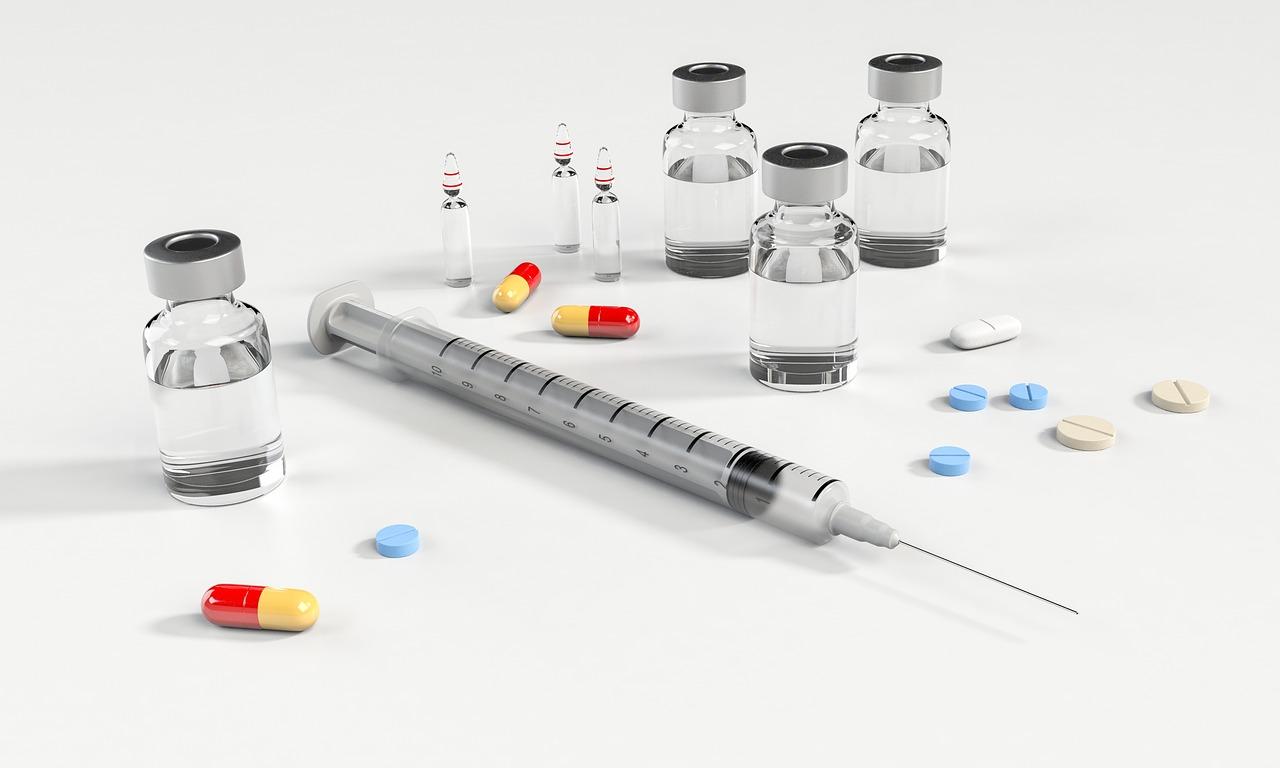Over the past few months, there have been a number of developments of interest within the health care industry. We would like to take the opportunity to make you aware of these developments and their potential impact on your professional practice.
FDA ISSUES FORMAL ADVISORY IDENTIFYING RISKS ASSOCIATED WITH ANTI-CHOLESTEROL DRUG CRESTOR
A formal advisory was issued by the U.S. Food and Drug Administration (“FDA”) cautioning that the anti-cholesterol medication Crestor can increase a patient’s risk for rhabdornyolysis, a rare and potentially life-threatening condition that destroys muscle cells. Crestor, a member of a class of cholesterol-lowering drugs commonly referred to as “statins”, was approved in the United States in August 2003. According to the advisory, the risk for rhabdomyolysis for patients who take Crestor is small and was identified at the time FDA approved the medication in 2003. The FDA decided to issue the advisory at the present time because new studies have highlighted the risk for rhabdornyolysis. The risks associated with Crestor were found to be especially prevalent in people of Asian descent.
REGISTRATION PERIOD BEGINS FOR FORGE-PROOF PRESCRIPTION FORMS
According to emergency regulations enacted by the New York State Department of Health (“DOH”), New York physicians will be required to write prescriptions using new forge-proof prescription forms effective April 19, 2006 Until then, both current prescription forms and the forge-proof forms may be used. Physicians can begin registering to receive the forms immediately by contacting the New York State Department of health at 1-866-811-7957. According to DOH, almost 9.000 physicians have already registered.
FDA BAN ON EPHEDRA STRUCK DOWN
ApriI 14th, a federal judge struck down the FDA ban on supplements containing ephedra, the weight-loss aid that was pulled from the market after it was linked to multiple deaths. The judge ruled in favor of Nutraceutical, a Utah supplement company that challenged the I-LEA’s ban. Nutraceutioal claimed that ephedra has been safely consumed for hundreds of years, and that ephedra was wrongly heing regulated by the FDA as a drug and not a food. The judge stated that federal law places more restrictive rules on the FDA in determining whether to ban foods as opposed to drugs. As such, the law requires the FDA to prove that a dietary supplement is harmful, rather than having the manufacturer prove it is safe, as is required with drugs.
Ronald M. Davis, M.D., an AMA Trustee, stated, “The AMA is deeply disappointed in the judicial ruling to lift the Food and Drug Administration’s ban on ephedra. This ruling puts America’s patients back in harm’s way, and will no doubt cause confusion… Seizure, stroke, psychiatric problems, heart attack and death are all recognized risks of ephedra use… The AMA strongly supported a complete ban on ephedra in dietary supplements to prevent harm to those unaware of the serious health risks associated with its use.”
NATIONAL PROVIDER IDENTIFIER NOW AVAILABLE ON-LINE
The Centers for Medicare & Medicaid Services (“CMS”) recently announced the availability of a National Provider Identifier (“NPI”) for health care providers. This standard unique identifier will simplify the current healthcare system, where physicians have different provider identifiers for each health plan with which they conduct business. The NPI will replace these multiple identifiers and become the single identifier to be used for all transactions with different health plans. Medicare, Medicaid and private health issuers will require the use of an NPI in all standard transactions as of May 23, 2007.
NPIs are currently available to healthcare providers who can access a web-based applition form at https//nppes.cms.hhs.gov. For more information about the NPI, please visit www.cms.hhs.gov/hipaa/hipaa2.
For more information on any of the issues identified above, please call any of the attorneys in our firm’s health care department.





